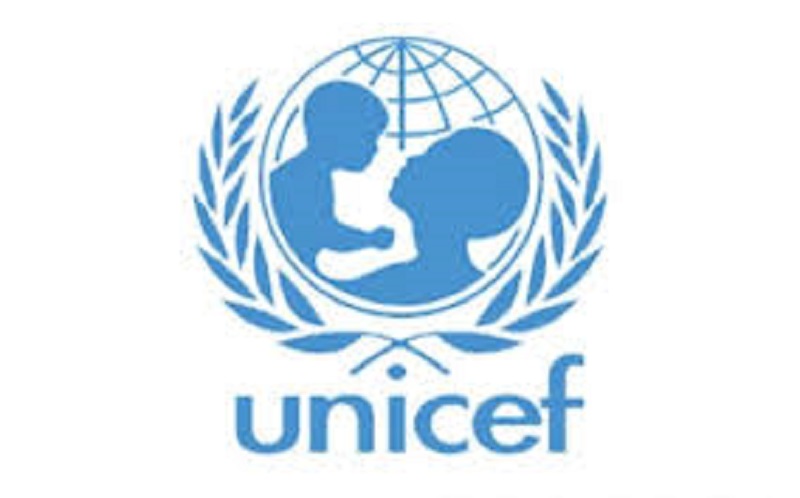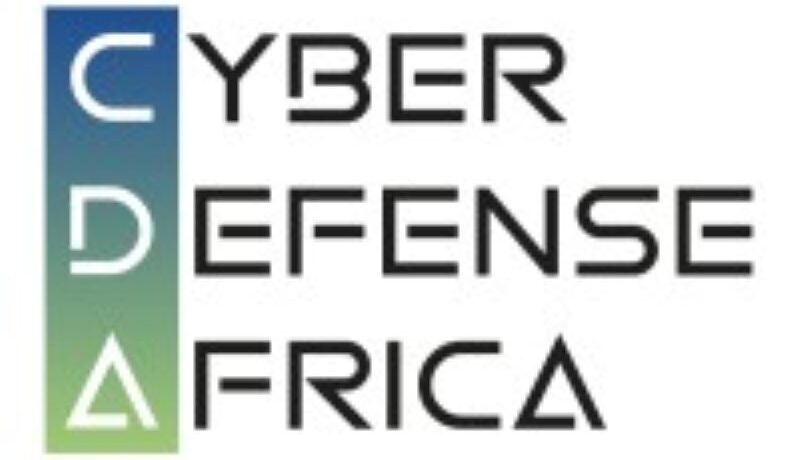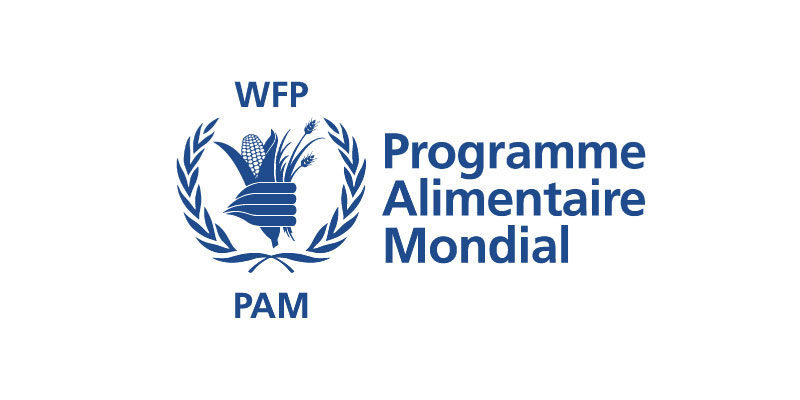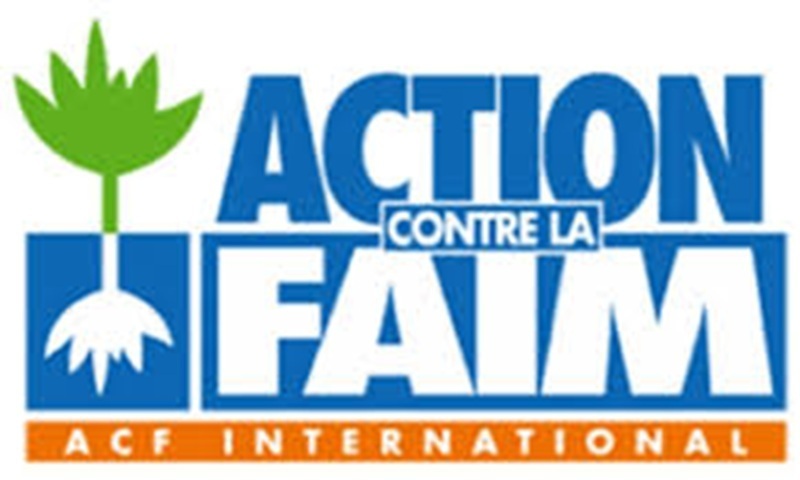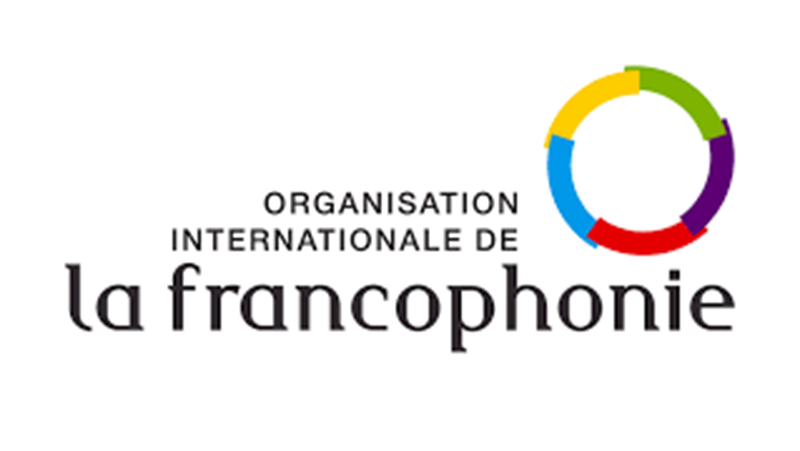L’UNICEF travaille dans certains des endroits les plus difficiles du monde, pour atteindre les enfants les plus défavorisés du monde. Pour sauver leur vie. Pour défendre leurs droits. Pour les aider à réaliser leur potentiel.
Dans 190 pays et territoires, nous travaillons pour chaque enfant, partout, chaque jour, afin de construire un monde meilleur pour tous.
Et nous n’abandonnons jamais.
Pour chaque enfant, un champion
Poste 1 : Child Protection in Emergencies – CAAFAG Consultant
Over 4 million children in the Democratic Republic of the Congo are in urgent need of protection.
The humanitarian situation for children in DRC remains of concern particularly in Ituri, North Kivu and South Kivu. Evidence continues to show how conflicts continue to increase protection risks for children. During the first half of 2021, the Country Task Force MRM (CTF MRM), which is co-led by UNICEF and MONUSCO, verified more than 1,000 grave violations against children. Recruitment and use by armed groups is by far the most documented child rights violation in the DRC, as well as abduction which could be considered as a form/way of recruitment and use in many cases. While being associated with one of more of the armed groups operational on the territory of the DRC, children are also at risk of becoming victims to one of the other grave child rights violations, such as sexual violence, and being used in different manner (support roles, combatants, etc.).
In a context where the scale and complexity of protection concerns continued to be alarming, UNICEF ensured continued assistance, protection, and care for 3409 children released from armed groups
UNICEF remains the largest player in DRC for assistance and support to children released from armed forces and groups (CAAFAAG) and caters for approximately 75-80% of the target set by the Child Protection Area of Responsibility (CP AoR).
As the Child Protection AoR lead and as child protection agency, UNICEF continues (i) to provide a multi-sectorial holistic assistance[1] and ensure a coordinated programmatic response to support children affected by armed conflicts, including those released from armed groups and survivors of GBV in provinces, (ii)_to ensure identification, documentation and verification of Children Associated with Armed Forces and Armed Groups (CAAFAG), as well as (iii) to support community-based approaches for strengthening the community and social return/reintegration of CAAFAG .
UNICEF supports a multisectoral child protection response to support CAAFAG, and other children in need of alternative care. The package includes:
- Identification, Documentation, Family Tracing and Reunification (IDTR) ;
- Temporary care and protection services
- Psychosocial, educative, recreational and protective Mental Health and Psychosocial Support (MHPSS)
- Individualized and contextualized reintegration
UNICEF has supported IDTR, temporary care and socio-economic reintegration programming for CAFAAG since 2005.
While identification, temporary care, reunification and community-based protection constitute the main strengths of programming, the economic reintegration of CAAFAG continues to be challenging for different reasons, including: i) reintegration is the most expensive component of CAAFAG programming and is highly affected by short term funding available; ii) the very weak socio-economic tissue in areas of origin of children limits possibilities for successful reintegration in areas of origin; iii) the time required for establishing an individual case management for CAAFAG for their reintegration; iv) weak offer of adapted vocational trainings as well as the difficulties (illiteracy, traumatic experience) related to the children themselves.
Since 2020, UNICEF has been working with IRC to conduct a pilot integration project in Goma. A first evaluation was conducted in March 2021 to determine whether integration of former CAFAAG in an environment other than their home environment could be a credible and suitable initiative. Children who participated in the programme mentioned that being outsider of their community, away from insecurity and war allows them to better concentrate on learning and to feel more secure.
While girls seem more hesitant (believing that their families need their help), being trained outside their community/family allowed them to devote themselves to training, whereas in their families/communities they also had to carry out domestic tasks. Girls also mentioned that being relocated to Goma greatly reduced the risk of violence they face in their community.
In July 2021, the Government of the DRC has launched a new DDR programme for children and adults with a key focus on community-based reintegration. The Strategy has been launched in April 2022 and the operational framework at national and provincial level is being finalized. This programmatic research will strengthen UNICEF and partners’ capacities to offer contextualized measure the achievement and effective reintegration of children within the framework of the new PDDR-CS Strategy.
How can you make a difference?
Through a review and analysis of the situation of children who have been enrolled in and benefited from reintegration support and UNICEF programmes, and qualitative primary data collection with key stakeholders (children, communities, CSO partners, other UN agencies, government counterparts), supported by the analysis of promising practices (from DRC and other countries in the region), the programmatic research will:
- Support the identification of promising reintegration/integration approaches based on feedback and experience of children
- Develop a set of programmatic recommendations
The consultancy will:
- Produce a desk review of literature existing in DRC and other contexts in the Western and Central Africa region on programmatic approaches to socio-economic reintegration/integration of CAFAAG
- Produce a contextualized analysis of factors, conditions and risks that impact reintegration of CAFAAG
- Develop a programmatic guidance with recommendations to enable the successful reintegration of children formerly associated with armed groups, taking into consideration the type of association, gender, age, context in area of origin
- Strengthen UNICEF’s partners capacities to systematically measure « learning » across programmes through the development of a set of contextualized tools and methodology, including SOPs for the children needs assessments by partners, the monitoring of cases, etc.
The research will be carried out in selected areas in three provinces in Eastern DRC – Ituri, North Kivu and South Kivu.
Tasks and deliverables
| Tasks | Deliverables |
| Desk review of existing literature and programme approaches on, public MRM data, socio-economic reintegration | Desk review report |
| Development of programmatic research methodology and tools (including pre-testing of tools) | Research methodology document and data collection tools (FGD questionnaires, KII interviews questionnaires, data analysis tools) |
| Training of researchers
(contractual status and fees for researchers to be handled by UNICEF) |
Training modules |
| Support to data analysis, review, and validation | Workshop report and presentation of findings |
| Production of a final report (15 pages max plus annexes) – including data analysis, recommendations, case studies | Final report |
To qualify as an advocate for every child you will have…
- An advanced university degree in a discipline relevant to the position such as Gender, GBV, Child Protection, Protection, International Law Studies, International Development, etc.
- At least eight years of progressively responsible professional work experience; especially with a minimum of 5 years of experience in CAFAAG related programming
- Demonstrated experience in the field of research related to Child Protection in Emergencies, CAAC or CAFAAG
- Must demonstrate excellent writing skills.
- Experience in programme/project management skills, along with the ability to synthesize.
- Demonstrated experience in coordinating research teams
- Ability to summarize, analyze and communicate diverse evidence and information from a wide range of sources.
- Excellent communication skills, including an ability to write in French.
- Ability to communicate effectively to varied audiences and to work effectively in a multi-cultural environment.
- Strong initiative and self-motivation.
- Experience working with UNICEF Country Offices or other UN agency at the country level is an asset.
- Fluency in English is an asset
For every Child, you demonstrate…
UNICEF’s values of Care, Respect, Integrity, Trust, and Accountability (CRITA).
To view our competency framework, please visit here.
UNICEF is committed to diversity and inclusion within its workforce, and encourages all candidates, irrespective of gender, nationality, religious and ethnic backgrounds, including persons living with disabilities, to apply to become a part of the organization.
UNICEF has a zero-tolerance policy on conduct that is incompatible with the aims and objectives of the United Nations and UNICEF, including sexual exploitation and abuse, sexual harassment, abuse of authority and discrimination. UNICEF also adheres to strict child safeguarding principles. All selected candidates will be expected to adhere to these standards and principles and will therefore undergo rigorous reference and background checks. Background checks will include the verification of academic credential(s) and employment history. Selected candidates may be required to provide additional information to conduct a background check.
Remarks:
Mobility is a condition of international professional employment with UNICEF and an underlying premise of the international civil service.
Only shortlisted candidates will be contacted and advance to the next stage of the selection process.
Individuals engaged under a consultancy or individual contract will not be considered “staff members” under the Staff Regulations and Rules of the United Nations and UNICEF’s policies and procedures and will not be entitled to benefits provided therein (such as leave entitlements and medical insurance coverage). Their conditions of service will be governed by their contract and the General Conditions of Contracts for the Services of Consultants and Individual Contractors. Consultants and individual contractors are responsible for determining their tax liabilities and for the payment of any taxes and/or duties, in accordance with local or other applicable laws.
Female candidates are strongly encouraged to apply
Poste 2 : Consultant (e) National (e) Spécialiste pour une recherche programmatique sur les interventions de réintégration socio-économique pour les enfants associés aux forces et groupes armés, Goma/RDC, 6 mois
UNICEF travaille dans certaines parties du monde qui sont les plus difficiles, pour atteindre les enfants les plus désavantagés au monde. Pour sauver leurs vies. Pour défendre leurs droits. Pour les aider à réaliser leur potentiel. Dans 190 pays et territoires, nous travaillons pour chaque enfant, partout, chaque jour, pour construire un monde meilleur pour tous. Et nous n’abandonnons jamais.
Pour chaque enfant, un(e) champion(ne)
Contexte
En 2021, les conflits armés et les catastrophes naturelles ont continué à provoquer des mouvements de population importants dans l’est du pays et des incidents de protection. L’accès humanitaire à l’ensemble des populations dans le besoin demeure une problématique majeure en RDC. Les opérations des acteurs humanitaires sont limitées ou entravées en raison de l’insécurité, du manque d’infrastructures et de l’enclavement de certaines zones du pays ainsi que d’obstacles administratifs.
Depuis plusieurs années, UNICEF et ses partenaires travaillent pour aider les enfants associés à des forces armées et à des groupes armés non étatiques à se réintégrer dans leur communauté.
Un paquet d’assistance complète, y compris Identification, Documentation, Rétablissement des liens familiaux et réinsertion est offert aux enfants sortis des groupes armés.
Dans ce cadre, UNICEF se propose de réaliser une recherche programmatique afin de mieux adapter les activités de soutien aux enfants sortis des groupes armés à leur besoins et capacités individuelles ainsi qu’à la réalité des communautés d’origine. L’occupant (e) de ce poste aura donc la charge d’une recherche programmatique sur les interventions de réintégration socio-économique pour les enfants associés aux forces et groupes armés.
Comment pouvez-vous faire la différence ?
En collaboration avec le Consultant Principal (International), le Consultant Spécialiste (National) contribuera aux aspects techniques de la recherche programmatique sur le programme d’appui aux enfants associés aux forces et groupes armés.
En particulier, le Consultant Spécialiste soutiendra les aspects suivants :
- Le développement et révision de la méthodologie de recherche en collaboration avec le Consultant Principal chargé de l’enquête et UNICEF
- La formation des équipes des chercheurs locaux (identifiés et gérés par UNICEF)
- La coordination et appui à la collecte des données auprès des parties prenantes identifiées
- L’analyse et validation des données
Autres tâches spécifiques :
– Le/la consultant (e) aura la charge d’organiser et mener des sessions de discussion en groupe avec des enfants. Une session de discussion en groupe aura une durée de 45 minutes maximum. Le nombre de groupes de discussion sera à déterminer.
Tâches et livrables
| Tâches | Livrables |
| Contribuer au développement et révision de la méthodologie de recherche en collaboration avec le Consultant principale charge de l’enquête et UNICEF | Document de méthodologie de recherche |
| Contribuer à la formation des équipes des chercheurs locaux (identifies et gérés par UNICEF) | Modules et rapport de formation |
| Soutenir la collecte des données au près des parties prenantes identifiées | Outils de collecte des données |
| Contribuer à l’analyse et validation des données | Rapport de présentation des résultats |
Pour être qualifié(e) comme agent de changement pour chaque enfant, vous devez…
Avoir les qualifications suivantes :
- Etre titulaire d’un Master en genre, violences basées sur le genre, droit, études sociales, etc.
Expérience de travail et connaissances :
- Connaissance approfondie des questions liées à la VBG dans différents contextes, avec une expérience en programmation humanitaire ;
- Au moins deux ans d’expérience dans la mise en œuvre de programmes de gestion des cas de VBG ;
- Expérience dans la formation ou l’animation en matière de gestion des cas de VBG et expérience dans l’accompagnement des clients ;
- Expérience en supervision de gestionnaires de cas de VBG ;
- Compétences organisationnelles avérées : capacité à travailler indépendamment et efficacement avec différentes parties prenantes dans un environnement exigeant ;
- Maîtrise avérée des questions relatives à la confidentialité, à la sécurité des données et à d’autres questions éthiques concernant le partage de données sensibles entre organismes humanitaires ;
- Excellentes compétences relationnelles et communicationnelles : capacité à coopérer efficacement avec des personnes occupant diverses fonctions, dans un environnement multiculturel ;
- La maitrise du français est nécessaire
Langue
- La langue de travail dans le cadre de contrat est le français. Une connaissance du swahili serait un atout.
Proposition des offres financières
Les candidats sont invités à produire une offre financière indiquant la rémunération totale (honoraires, frais de mission, etc.). Elle doit inclure les détails de la période de validité et le mode de paiement qui sera effectué selon les procédures approuvées par l’UNICEF.
Pour chaque enfant, vous devez démontrer…
Nos valeurs fondamentales d’Attention, Respect, Intégrité, Confiance et Responsabilité.
Remarques
L’UNICEF applique la politique de tolérance zéro à l’égard de l’abus et de l’exploitation sexuels, ainsi que de tout autre type de harcèlement, y compris le harcèlement sexuel et la discrimination. Tout(e) candidat(e)considéré(e) pour un recrutement fera l’objet d’une vérification rigoureuse des références et des antécédents.
L’UNICEF s’engage en faveur de la diversité et de l’inclusion au sein de ses effectifs et encourage tous les candidats, indépendamment de leur sexe, de leur nationalité, de leur appartenance religieuse et ethnique, y compris les personnes handicapées, présenter une demande pour faire partie de l’organisation.
Seul(e)s les candidat(e)s présélectionné(e)s seront contacté(e)s et passeront à l’étape suivante du processus de sélection.
Les personnes engagées dans le cadre d’un contrat de consultant ou d’un contrat individuel ne seront pas considérées comme des « membres du personnel » au sens du statut et du règlement du personnel des Nations unies et des politiques et procédures de l’UNICEF, et n’auront pas droit aux avantages qui y sont prévus (tels que les droits à congé et la couverture d’assurance médicale). Leurs conditions d’emploi seront régies par leur contrat et par les Conditions générales des contrats pour les services de consultants et de contractants individuels. Les consultants et les contractants individuels sont responsables de la détermination de leurs obligations fiscales et du paiement de tout impôt et/ou taxe, conformément à la législation locale ou à toute autre législation applicable.
Les candidatures féminines sont fortement encouragées.

